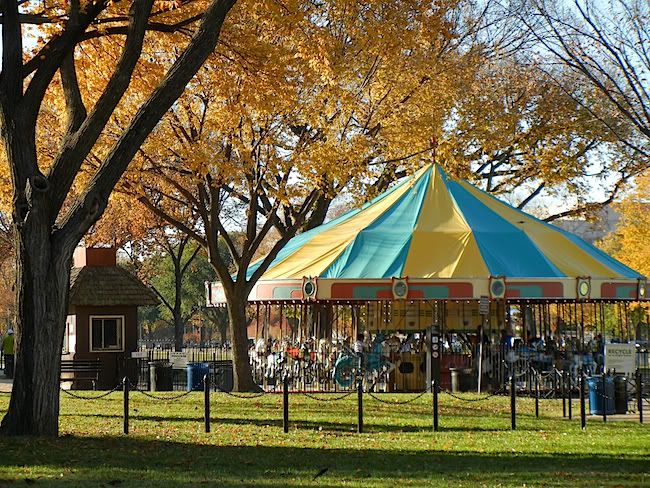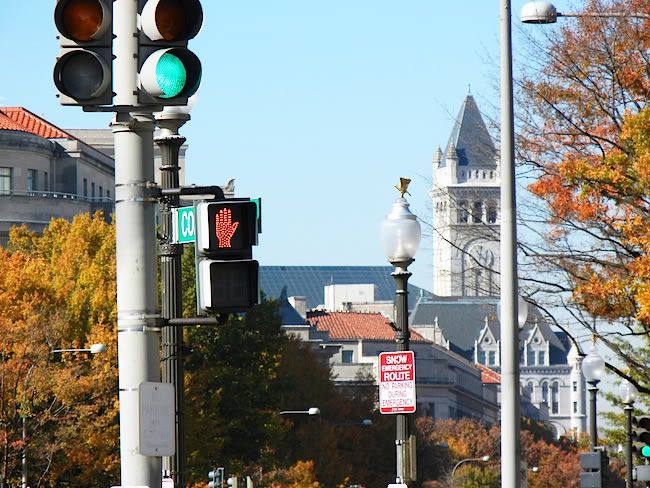
As a part of planning the Thanksgiving feast I will host at the chateau, I've been thinking about the first thanksgiving. When I was growing up, it was portrayed as a friendly meeting between the Europeans and Indians, a feast in which the two cultures made common cause. The Europeans were always described as being gracious and civilized, politely hosting the "savages."
All that changed during the 1960s after which the popular historical narrative was more about how the superior, greedy, ruthlessly sophisticated Europeans invaded and decimated the naive, gentle, trusting indigenous people, killed them with their muskets and such. We were the bad guys, the Indians were the good guys.
These days a much different picture of that time has captured the imagination of historians. Now we're told that the Europeans were spindly, sickly and rather brutal, yes, but incapable on their own of vanquishing the Indians who, as it turns out, were healthy, stealthy, whip smart and quite capable of taking care of themselves. It was smallpox that got them. What historians believe is that the American continent was well populated prior to the arrival of the Pilgrims. Smallpox killed tens of thousands. All hail the potent virus - it was here before humankind and will carry on long after we're gone.
So much for the sophisticated weapons of the white people. Hell, those muskets were so crude, the person firing one was just as likely to blow his own head off as hit a target more than a couple of feet away. The Europeans had all kinds of diseases that are the result of malnutrition. They suffered miserably in Europe, on the boat journey to this continent, and forever after that. They were almost always hungry and cold, riddled with fevers during the humid summers, suffering from cholera, malaria, and food poisoning. The Pilgrims feared for their lives. Even though the mini Ice Age was just winding down in Europe, these people had never seen anything like a Noreaster. Yes they were brutal. Also sickly, weak, and afraid. How nice of the Indians to sit down and feast with them. The Iroquois were tall, slender and fit. They knew what to eat and what to avoid. They lived well off the land. My goodness, the Pilgrims must have appeared disgusting to them, hardly the sort to eat dinner with!
We human beings like to travel. We came out of Africa a couple million years ago, never stopped. Too bad the Pilgrims brought the pox with them to the new land. I wonder how things might have developed without that virus?
Have a wonderful Saturday, y'all. Shalom.


4 comments:
probably the end result would have been the same, just might have taken a little longer. I don't see that there would have been any living in peace with each other considering the religious strictures of the first europeans and their intolerance to anything but their own beliefs. hmmm. sounds just like modern day.
Much food for thought, Reya! BTW, John Smith of Jamestown/Pocahontas fame almost died when his powder flask exploded. He was sent back to England to recuperate, and Jamestown almost failed after that, due to starvation and ignorance. The weapons were matchlocks, meaning you had to carry a smoldering, wick-like "match" with you at all times. Black powder and smoldering wick...what possibly could go wrong?
Tricky blankets!
Much the same in Australia Reya, although our invading ancestors never sat down and "shared bread" with our aboriginal brothers and sisters, rather poisoned their waterholes and blew their heads off. Same story, the indigenous peoples were happy, healthy and strong, living off the land for thousands of years.
Early settlers could have learnt so much about the spirituality and the natural food sources and medicines of this land and chose not to.
Still choose not to, though it is getting marginally better. Our loss.
Post a Comment